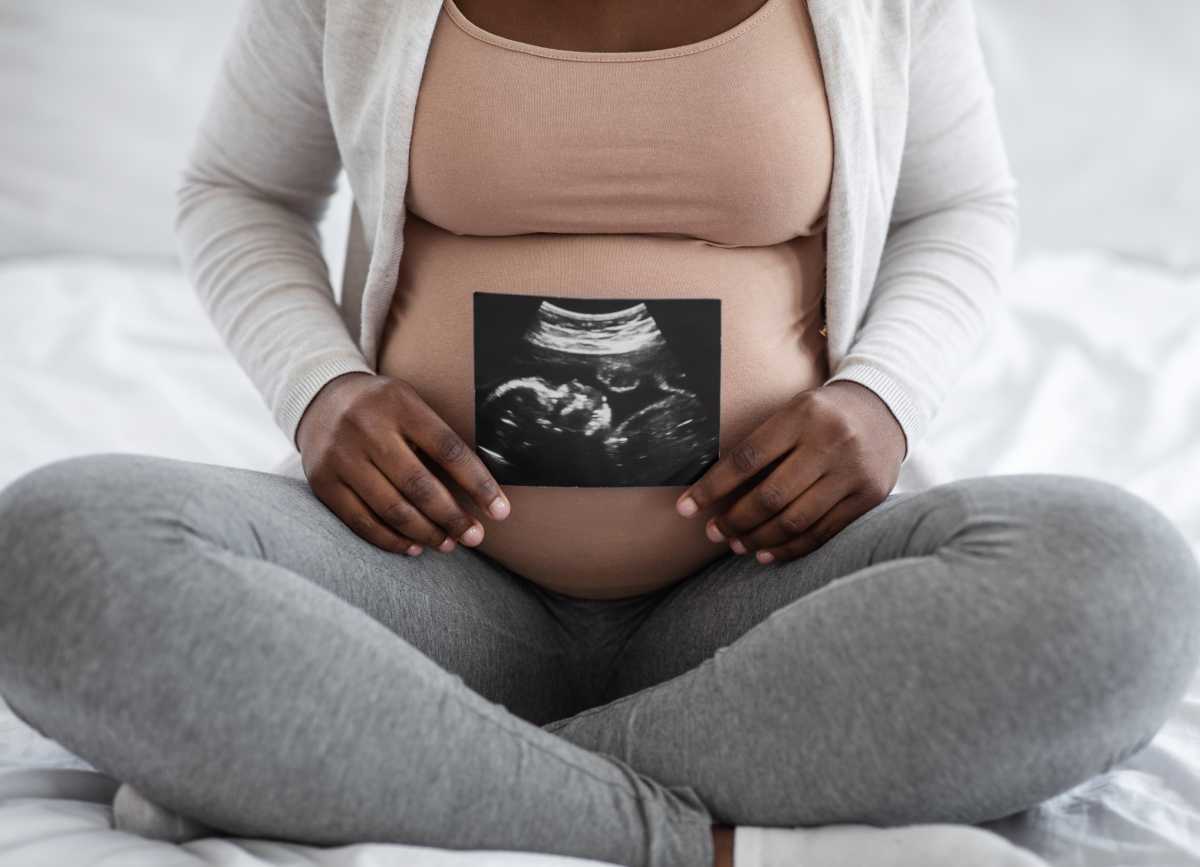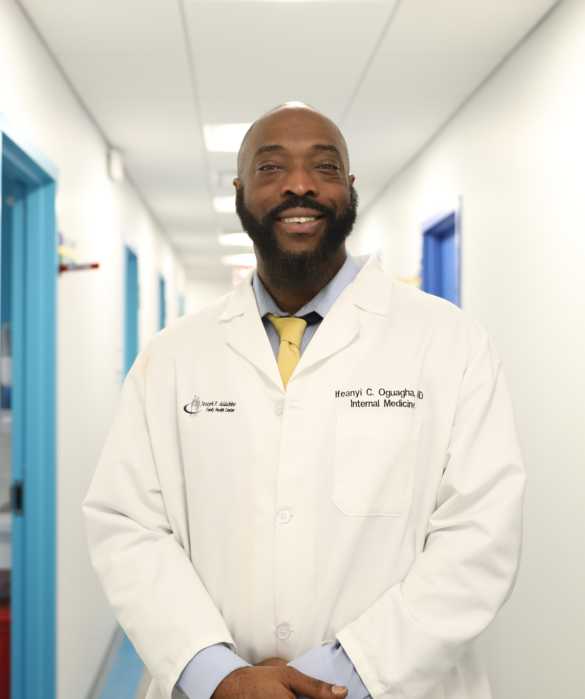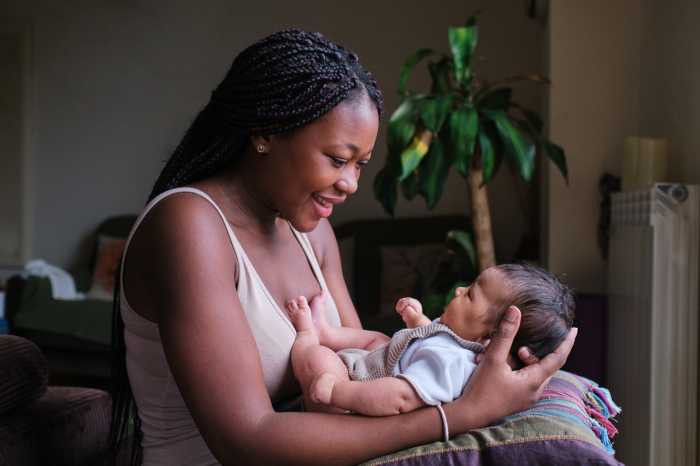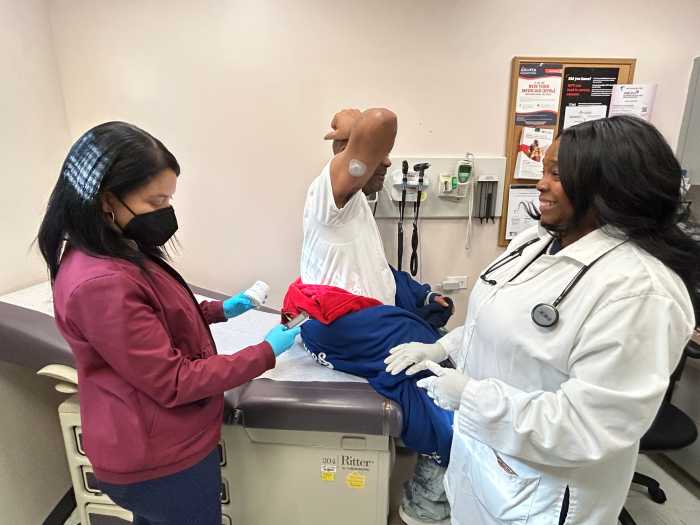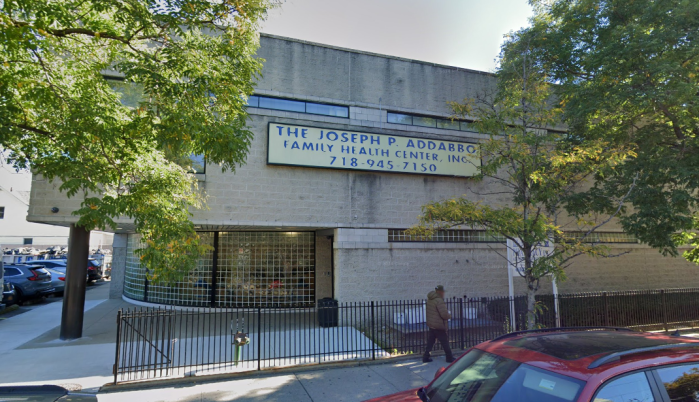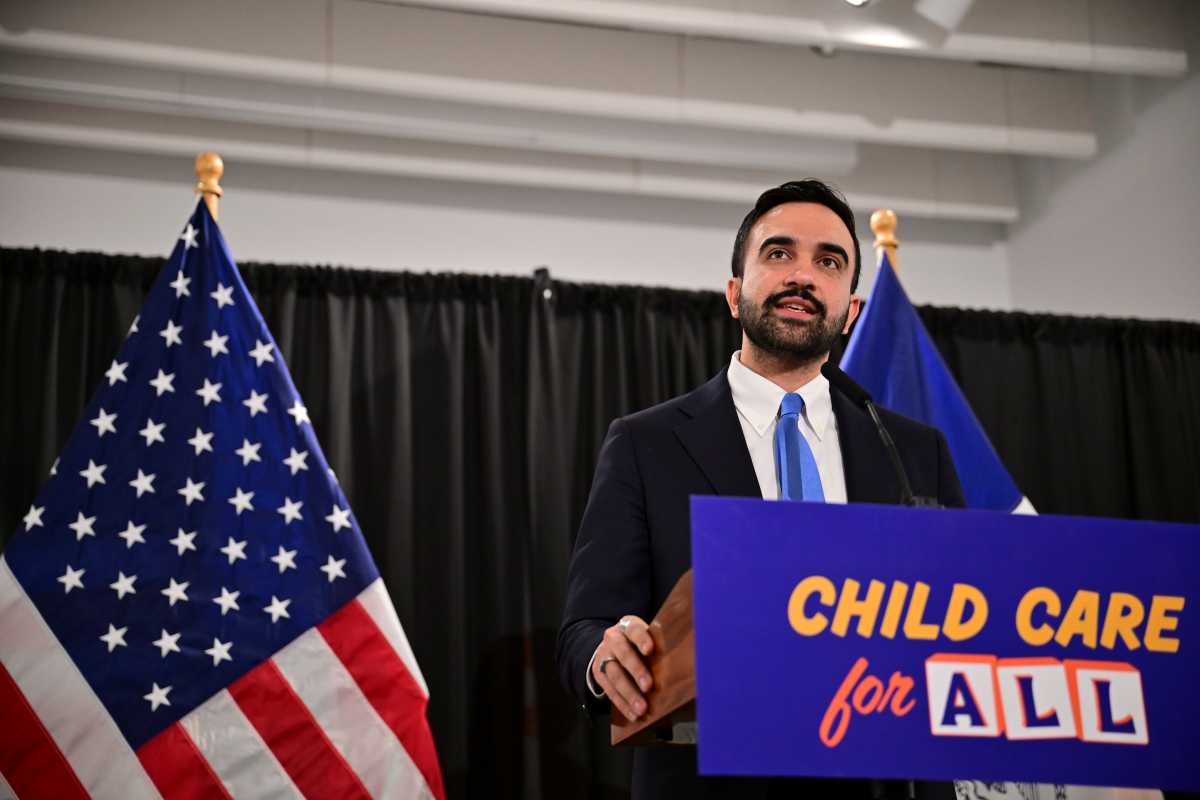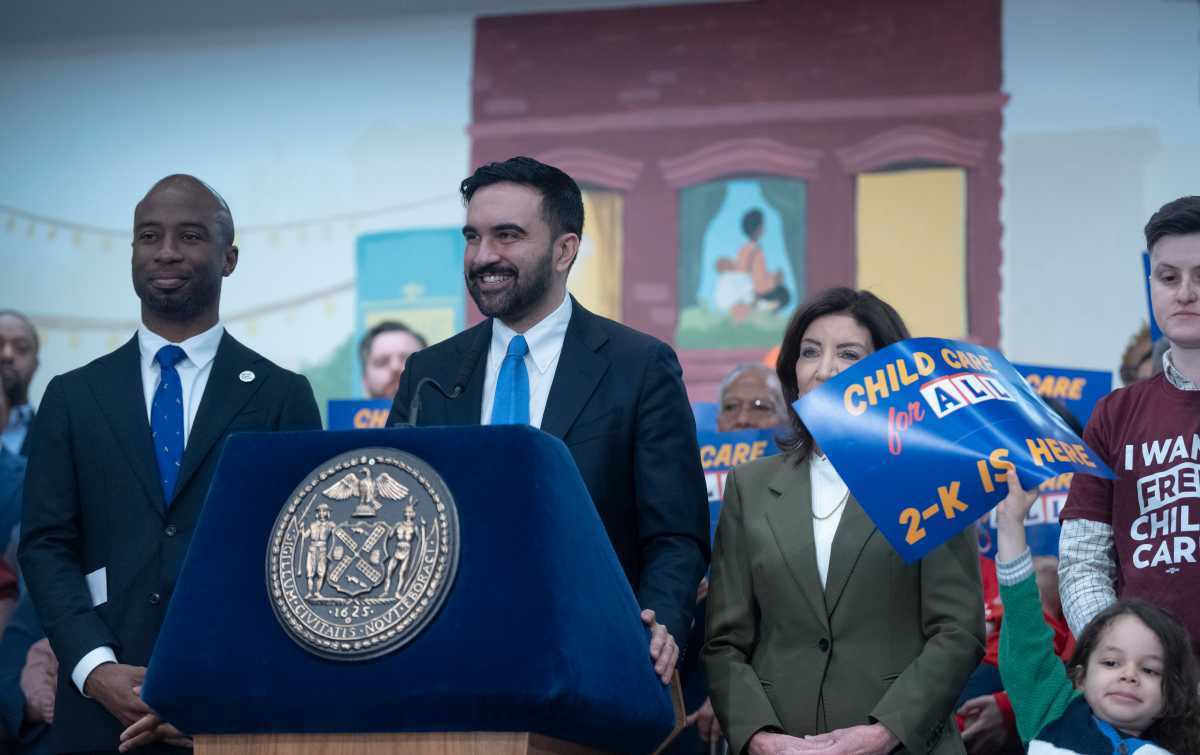Black maternal health outcomes are an essential topic, especially for expecting mothers in Southeast Queens.
In recognition of Black Maternal Health Week, which is from April 11 to 17, Renee Hastick-Motes, CEO of the Joseph P. Addabbo Family Health Center(JPAFHC), spoke to QNS about how the health center addresses the Black maternal health crisis on a local level.
Founded and led by the Black Mamas Matter Alliance, the week-long campaign focuses on raising awareness, advocating for better health policies, and celebrating the achievements of healthcare providers and community advocates who are actively working to improve maternal health outcomes for Black women.
JPAFHC has locations in the epicenters of Black maternal care in Arverne, Far Rockaway, Jamaica, and Brooklyn.
As a mother, Black woman, and leader in healthcare, Hastick-Motes said that she has a personal understanding of the significance of quality OBGYN care for ensuring safe delivery. “ Black Maternal Health Week is a powerful opportunity to highlight the racial disparities in maternal mortality rates that persist today,” she said.
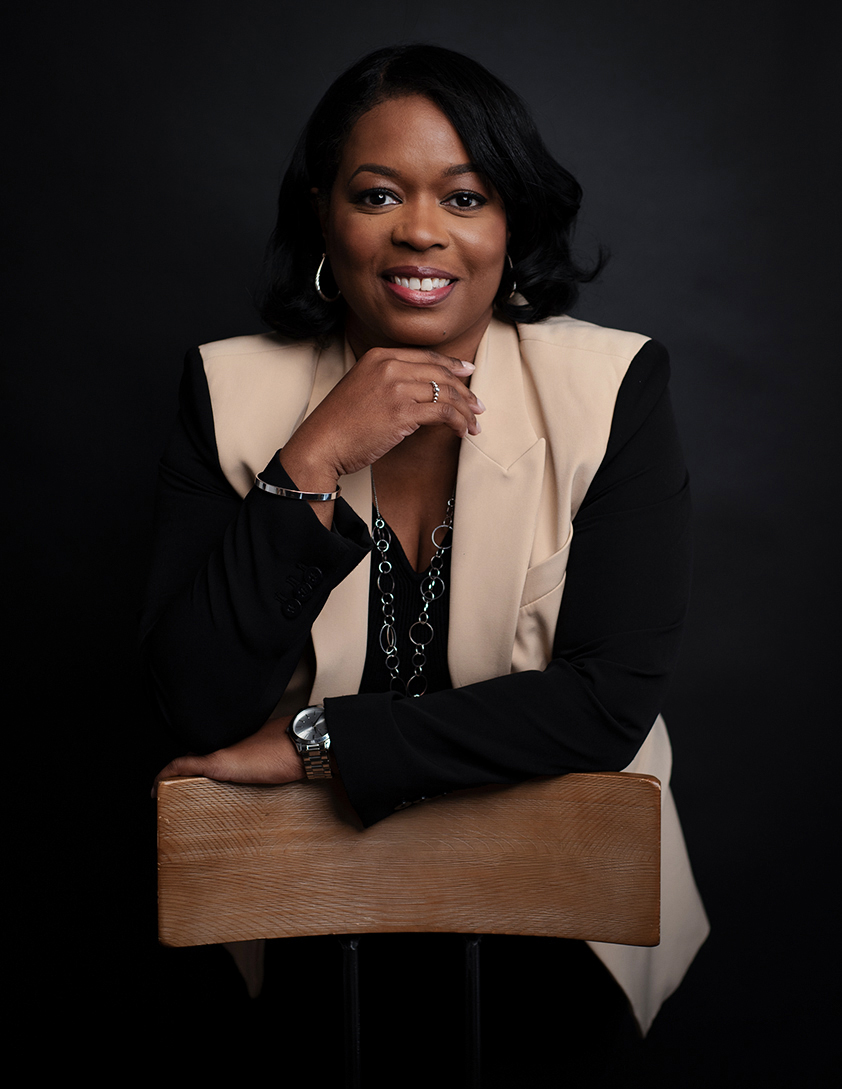
Hastick-Motes added that as the CEO of JPAFHC, she’s dedicated to empowering expecting mothers by providing support and health education throughout their pregnancy journeys.
She said that she understands intellectually and personally what it’s like navigating a healthcare system that doesn’t always feel welcoming. “As a Caribbean-American, Black woman, that experience isn’t abstract; it’s deeply rooted in how I lead and advocate today,” she said.
Hastick-Motes’ lived experiences allow her to have a more personalized understanding of what expecting mothers living in Southeast Queens may go through. “I believe leadership in community health has to be both strategic and personal. We must center cultural understanding, trust, and relationship building because our communities deserve care that reflects their realities and resilience,” she said.
With Southeast Queens having a large Afro-Caribbean population, Hastick-Motes said that it is important to recognize Black Maternal Health Week to draw attention to the health disparities that women in the area face.
According to Hastick-Motes, Southeast Queens has historically experienced some of the highest infant mortality rates in the city. She referenced a recent study that found infant mortality rates in the area were as high as 19.3 per 1000 live births. “These elevated rates are linked to systematic disparities in healthcare access, socioeconomic factors, and racial inequities,” she said.

Within all of its locations, JPAFHC is addressing these health disparities by working with healthcare partners to usher in programs to improve prenatal care, address health inequities, and enhance maternal health and education.
Currently, JPAFHC offers a full spectrum of maternal health services, including comprehensive prenatal care, family planning, mental health support, nutrition counseling, and chronic disease screening. Services extend after birth, with pediatric care, breastfeeding support, WIC, and health insurance enrollment, as well as other vital services for new moms.
Hastick-Motes said that JPAFHC is actively working to reinstate its delivery program within its obstetric service offerings. This program would allow expecting mothers to foster a full-term relationship with partnered obstetric providers who would deliver their babies in area hospitals.
“Currently, the mom will come to us for prenatal care, and then they will go to a hospital to deliver, but they wouldn’t have the same provider. We want to make sure that the provider sees them throughout their prenatal care and delivery,” she said. “It just creates a safer approach to having that delivery…it makes it seamless.”
Hastick-Motes emphasized that having a wide range of pre- and post-natal services available can lead to positive health outcomes for mothers in underserved areas. “Ensuring that you have a health center that can have all of these wraparound services to support the mom in prenatal care and post care is critically important to ensuring that we move the needle to address the infant mortality rates,” she said.
For more information about the JPAFHC, click here or call 718-945-7150

